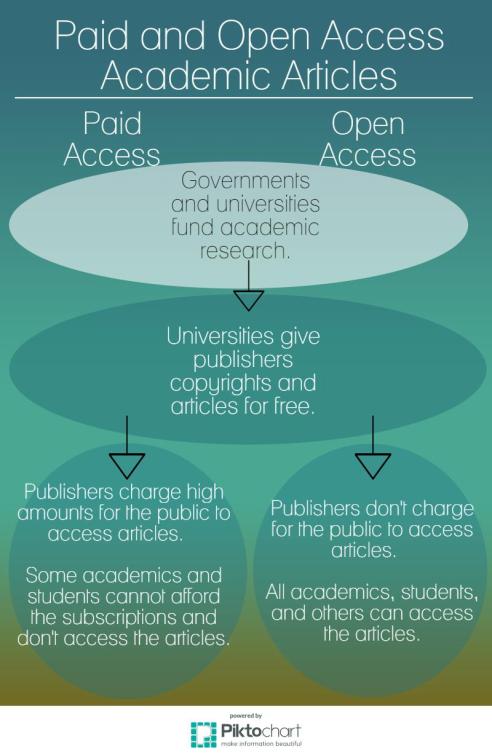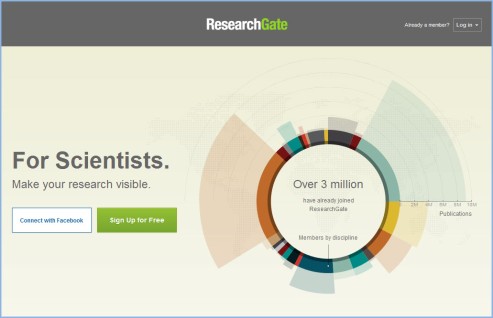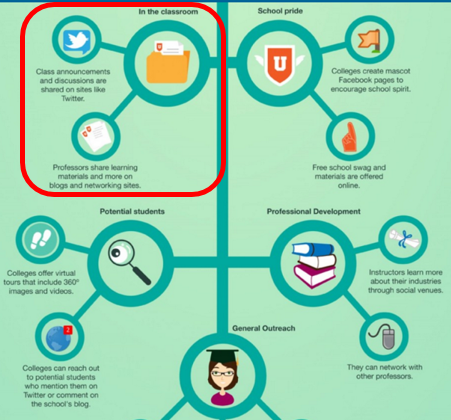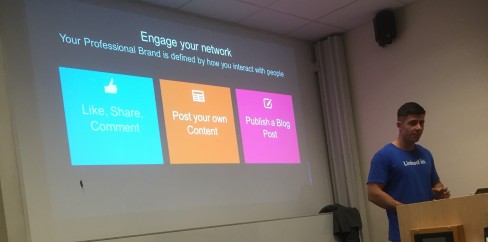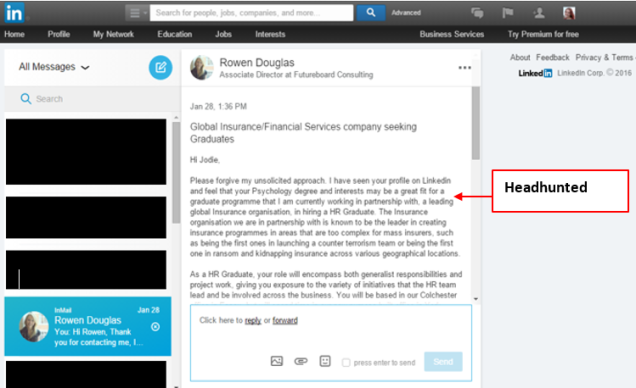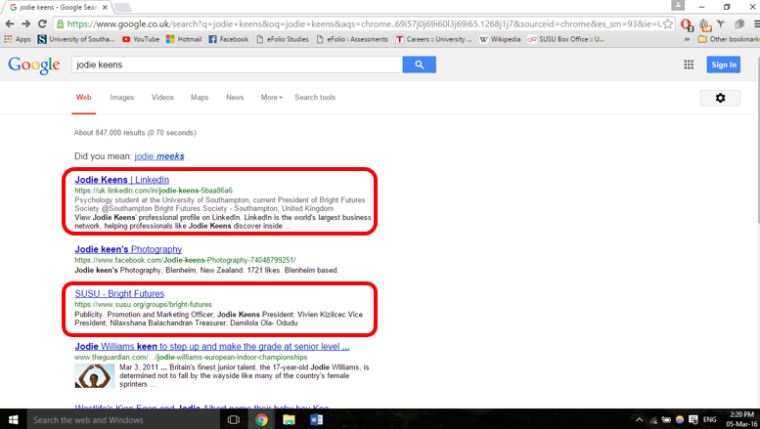
Reflecting on Open Access Implications for Content Producers
In my Topic 5 blog, I tried to give a well-rounded and balanced view of the implications for academic content producers making their materials freely available online. I personally agree with open access, and think the advantages outweigh the disadvantages. Since then, I’ve been reading other students’ blogs and learning more about it…
Rofini’s blog looked at a completely different angle and focused on music content.
Continue reading →

